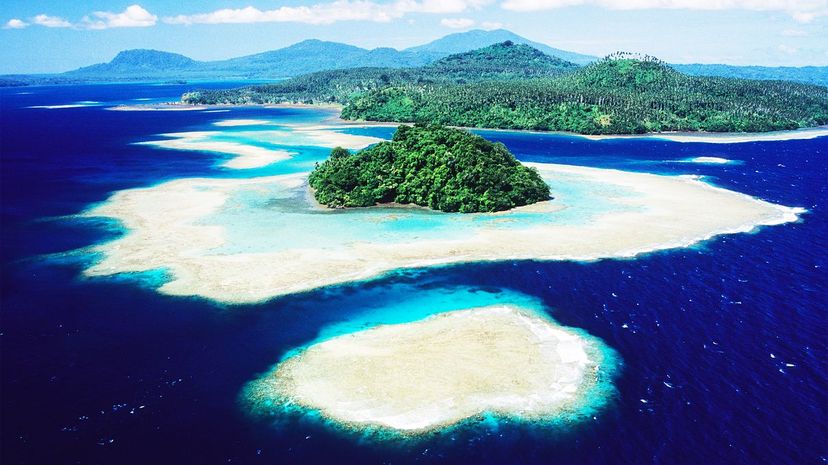
About This Quiz
Oceania is not technically a continent, though it does include all of Australasia. It's the area that encompasses not just the enormous landmass of Australia, but also all the nations of Melanesia, Polynesia and Micronesia. Many of these places are threatened by sea-level rise, and may disappear under the waves in the next hundred years. Others suffer from being simply too far away from the world's trade routes to be very prosperous, which means that poverty can be endemic.
On the other hand, the nations of Oceania enjoy beautiful beaches, delightful weather and splendid food. Their cultures are often very ancient, going back to when seafarers braved the waves to cross horizons without knowing whether they would find any land on the other side. Even within a single nation, multiple islands can hold disparate histories, having been settled at different times or by different people, and sometimes having seen multiple waves of settlement or colonization. Following the Age of Empire, Oceania was also ravaged by World War II, when the Axis and the Allies fought over its nations less as sovereign territory to protect, than as possessions to be disputed.
How much do you know about Oceania's many lands? Would you recognize them on a map, with nothing but outlines? Let's find out!
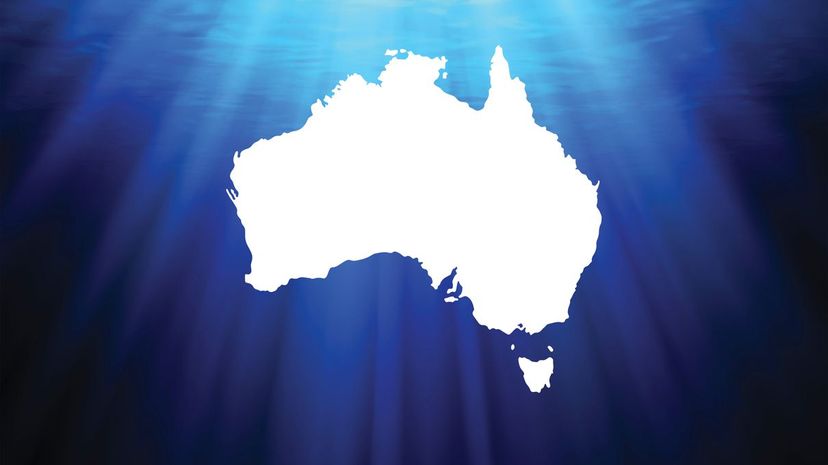
Australia is the biggest country in Oceania and is essentially its own continent. It is a very dry place, meaning that people mostly live around the coasts. Despite its huge size, the population is under 30 million.
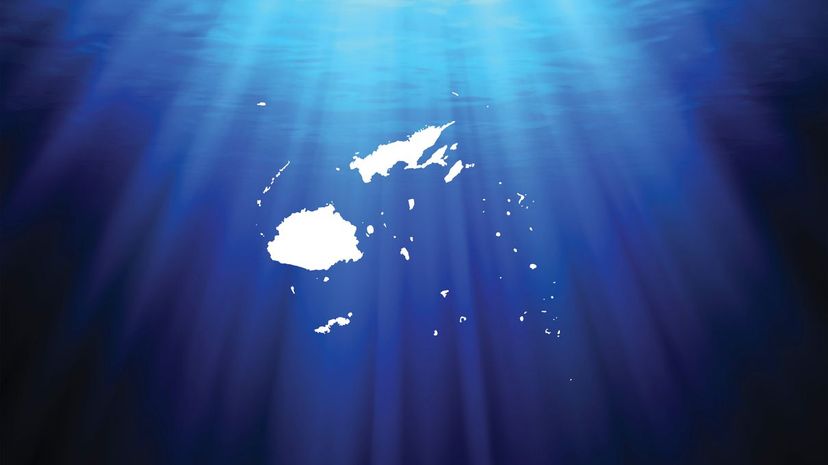
Fiji consists of an amazing 333 islands, each one more beautiful than the last. The largest are Viti Levu and Vanua Levu, while the third largest is Taveuni, known as the Garden Island.
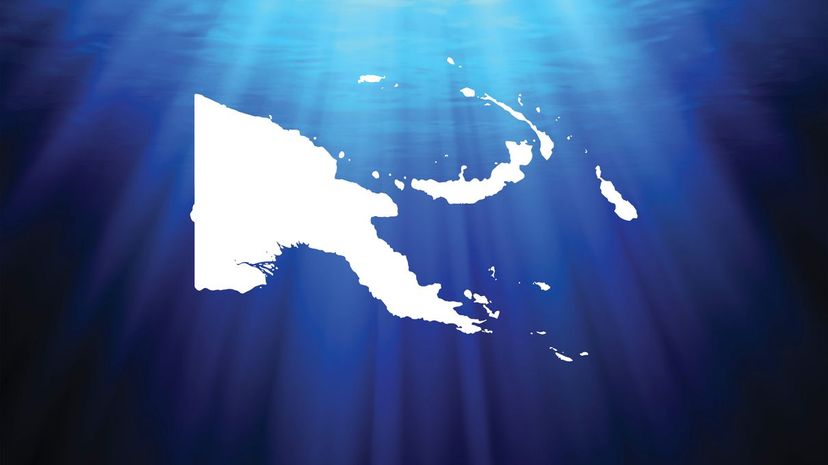
Papua New Guinea is mostly half of an island, the other half of which is part of Indonesia. It has a particularly terrific distinction, which is that it has the highest number of native tongues of any country, clocking in at 700! The population is eight million, who are very spread out over the several islands of their nation.
Advertisement
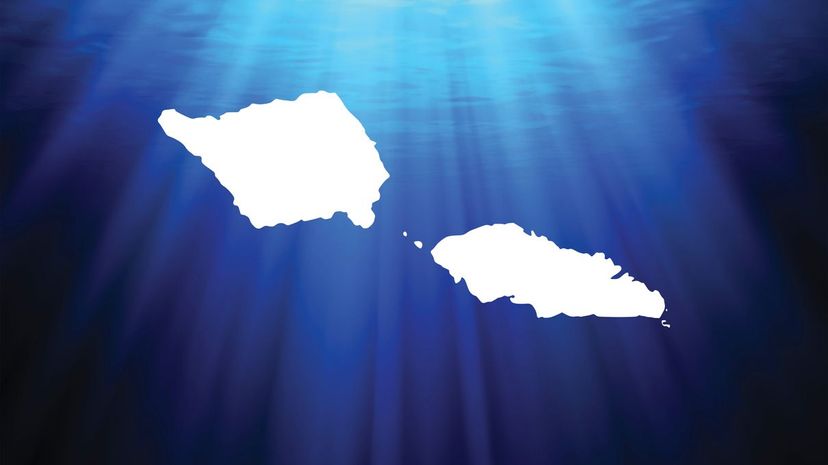
Samoa is an independent country that includes nine volcanic islands. The nation is suffering from a lot of young people leaving to emigrate to New Zealand and the USA. Fortunately, the country's economy is improving, which will help in turning this trend around.
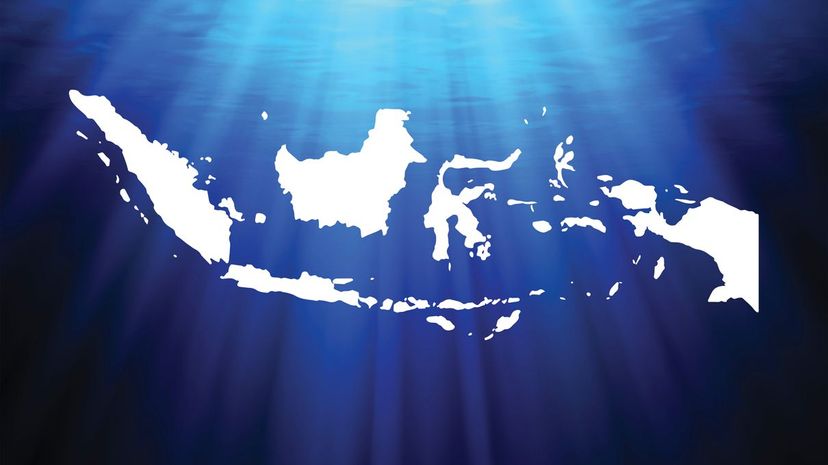
Indonesia is the largest Muslim country and a former Dutch colony. It has a huge variation in quality of life, from rural dwellers to sophisticated major cities. Indonesians are among the biggest users of Twitter.
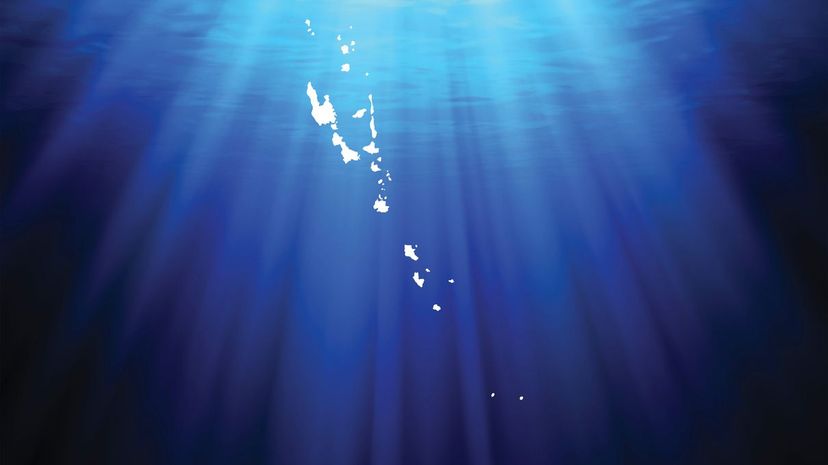
Vanuatu was a colony that both Britain and France took over at some point, when it was referred to as the New Hebrides. It reverted to its native name when it became independent in 1980. The country consists of more than 80 islands and includes a number of active volcanoes!
Advertisement
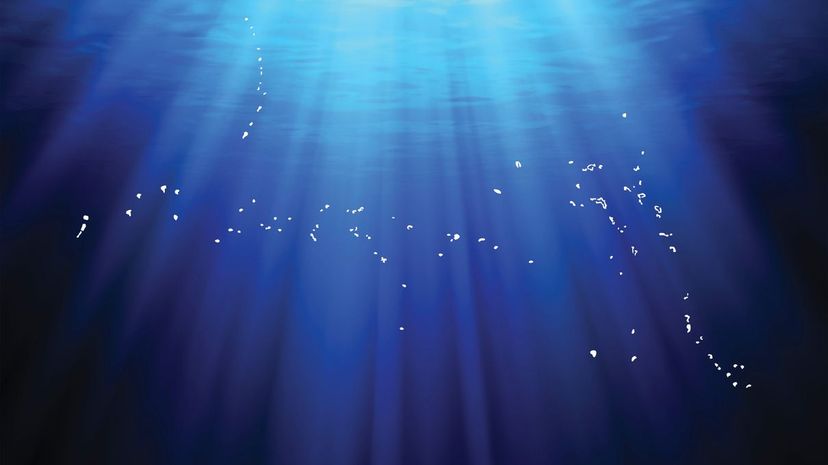
Micronesia will be severely affected by climate change, as many of its six hundred islands are low-lying. The people of Micronesia are allowed to live in the USA, in return for which their nation allows America to use its islands for defense purposes.
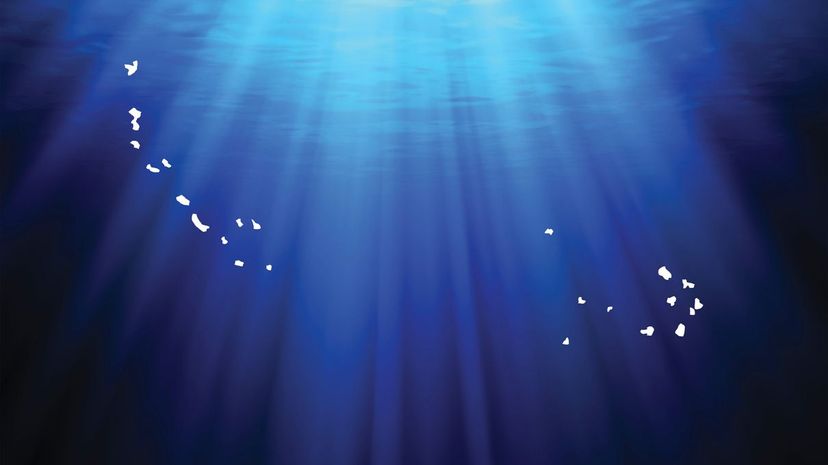
Other than the Maldives, Kiribati is the nation most at risk of simply ceasing to exist altogether thanks to rising sea levels. Because of this, the people of Kiribati have purchased land overseas in Fiji, where they hope to find a new home for their people.
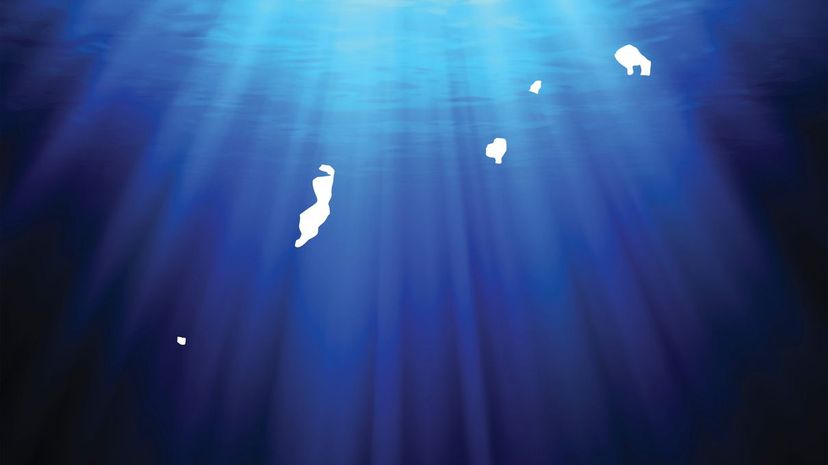
Sustainable tourism is the watchword in the economy of Palau, which depends on its wonderful coral reefs that form a barrier protecting the nation's two hundred islands. World War II did a lot of damage to the people of Palau, as the great powers fought over its territory.
Advertisement
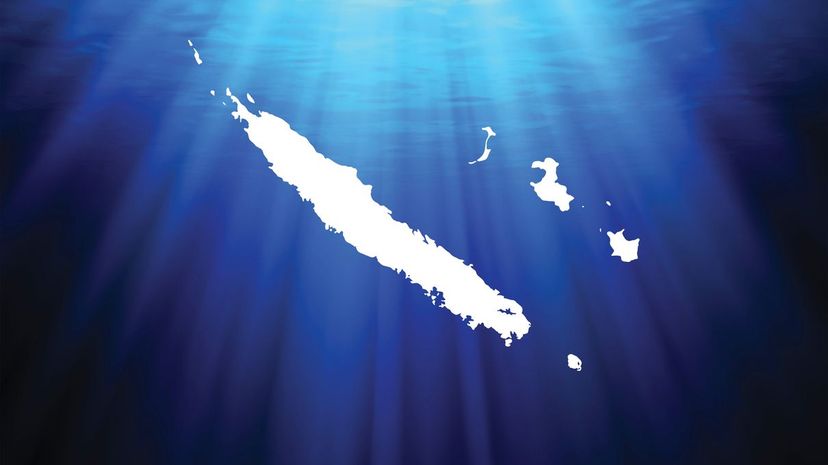
Home to a huge nickel deposit, New Caledonia has started making a lot more money in recent years. The nation recently voted not to become independent of France, preferring to keep its protection.
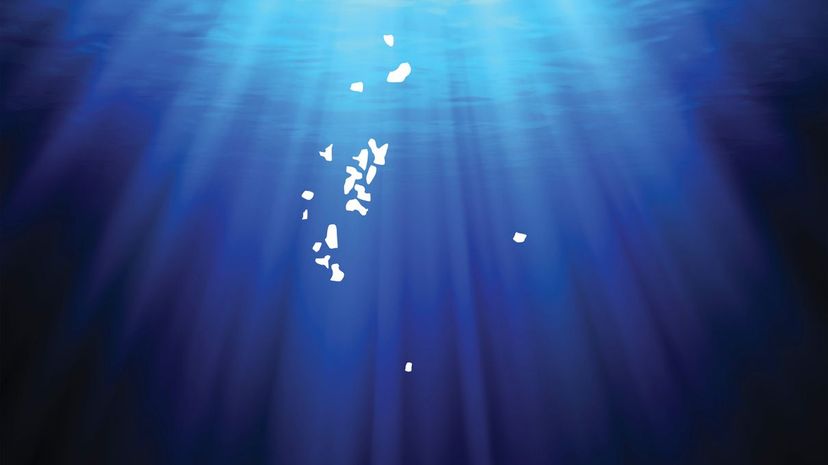
Tonga includes 176 islands and is a monarchy. Indeed, until 2015 all of its prime ministers were members of the aristocracy. It is a democracy these days, but was under the feudal system until 2010.
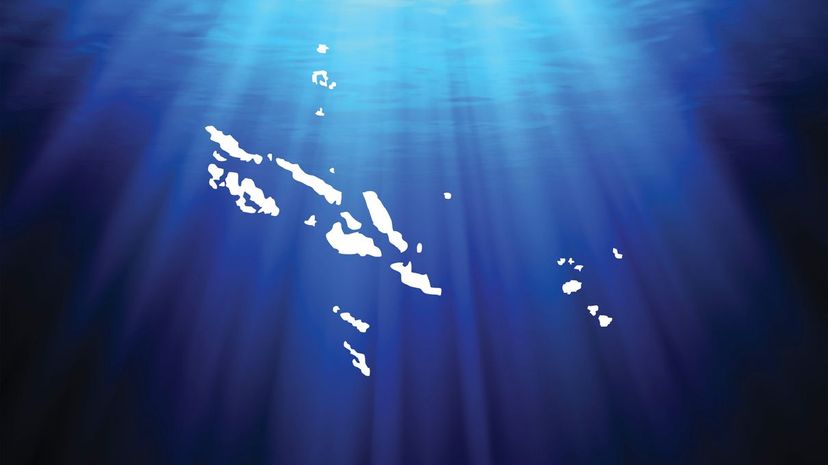
The Solomon Islands include the island of Guadalcanal, site of the famous World War II battle between Japan and the USA. The nation sadly suffered from a civil disturbance that required Australian peacekeepers to pacify it, a force that departed in 1997.
Advertisement
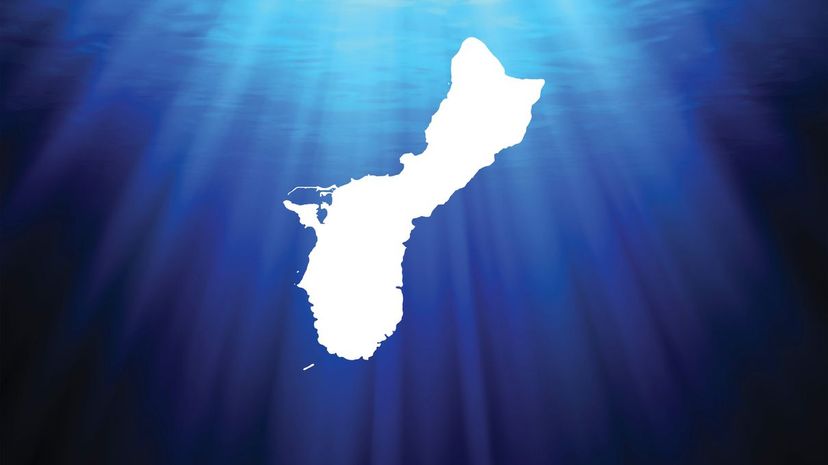
Guam contains the most westerly point in US territory. It is dominated by a military base, and was notable for being the island of which US Rep. Hank Johnson was concerned that stationing more troops there would cause it to tip over and capsize into the sea, which he actually asked at a public committee meeting.
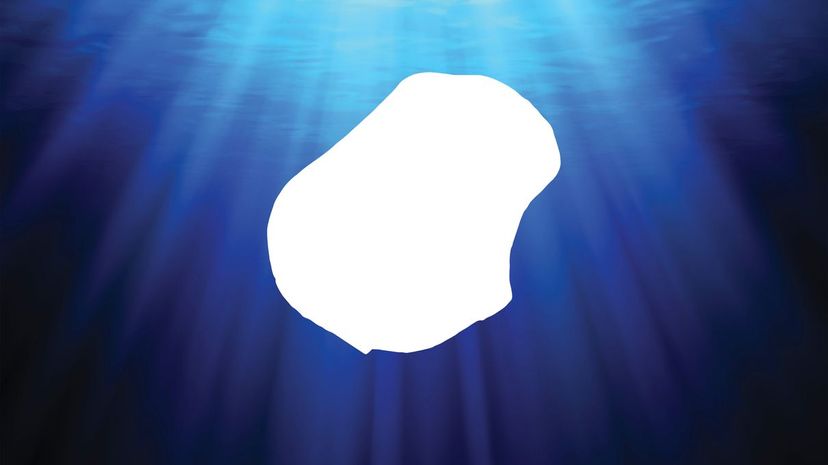
A coral atoll that was once known as Pleasant, Nauru is now unfortunately mostly known for being a place where Australia has been keeping asylum seekers there in bad conditions. Before this, it was prosperous thanks to its phosphate mines, but they have since run dry.
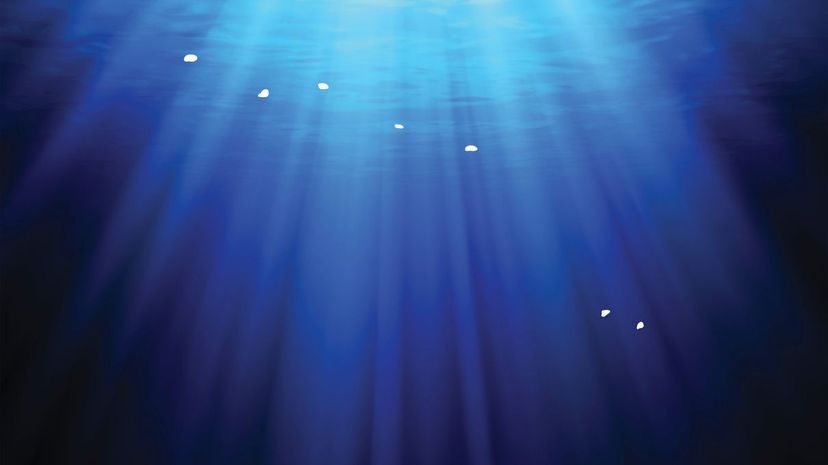
The Austral Islands are a small archipelago of just seven islands, and two of them don't even have any residents! These are mountainous islands that are full of archaeological sites showing that even the ones that are now empty were once inhabited. They are a part of Tahiti.
Advertisement
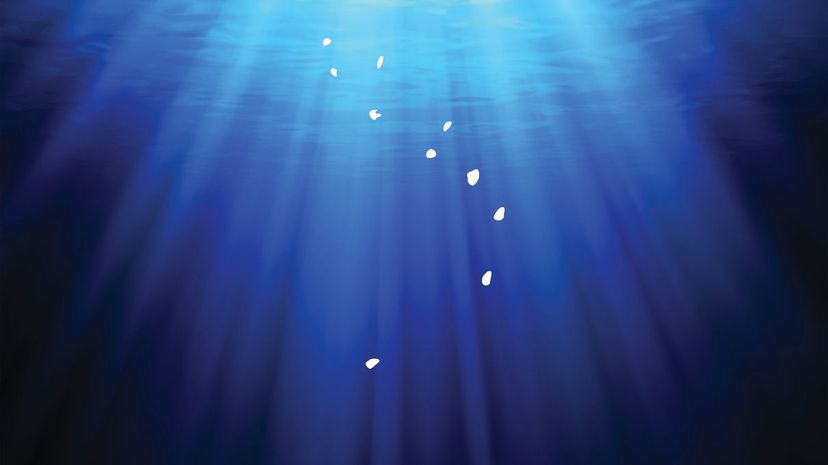
Tuvalu's name as a colony was the Ellice Islands, but now it goes by its native name. It has no water supply except for rain, and the water table is becoming more saline as the sea levels rise. Ingeniously, Tuvalu sold the .tv suffix to a California company and gets millions annually in revenue from the exploitation of it.
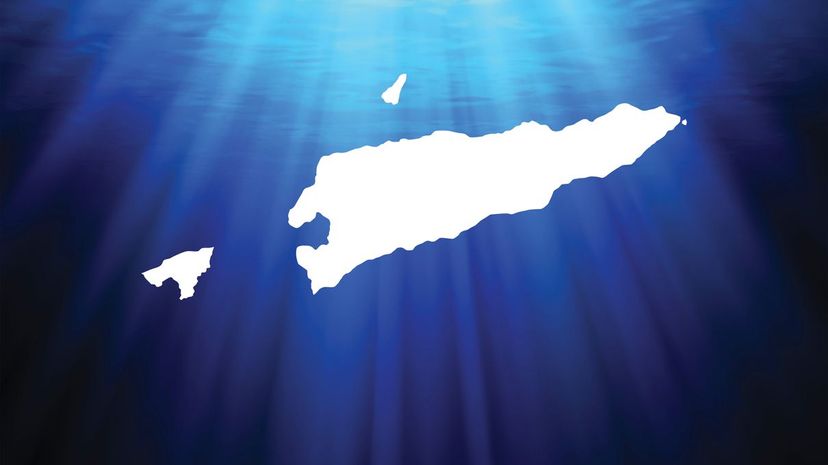
Timor-Leste, known in English as East Timor, was once a colony of Portugal and then Indonesia, but achieved independence relatively recently, in 2002. It has a very small population and uses the US dollar as its currency. It does not have much in the way of internet connectivity yet.
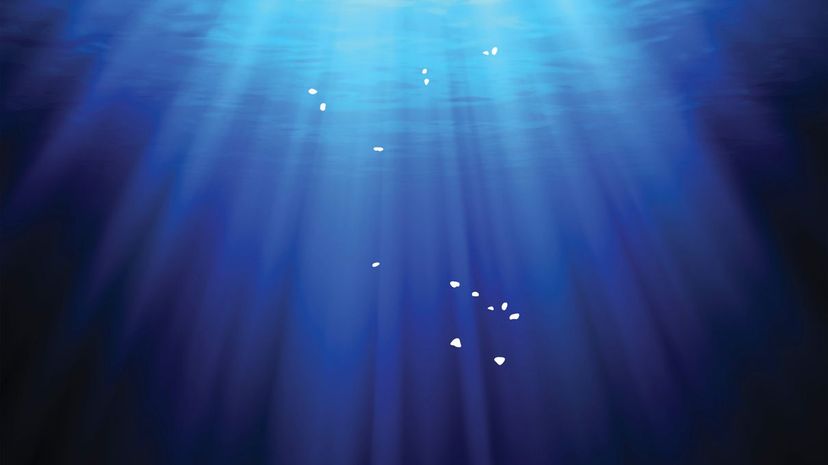
Fifteen volcanic islands make up the bulk of Cook Islands' land, with the rest being coral atolls. The Cook Islands are in free association with New Zealand, making them not quite independent but not a colony or territory either.
Advertisement
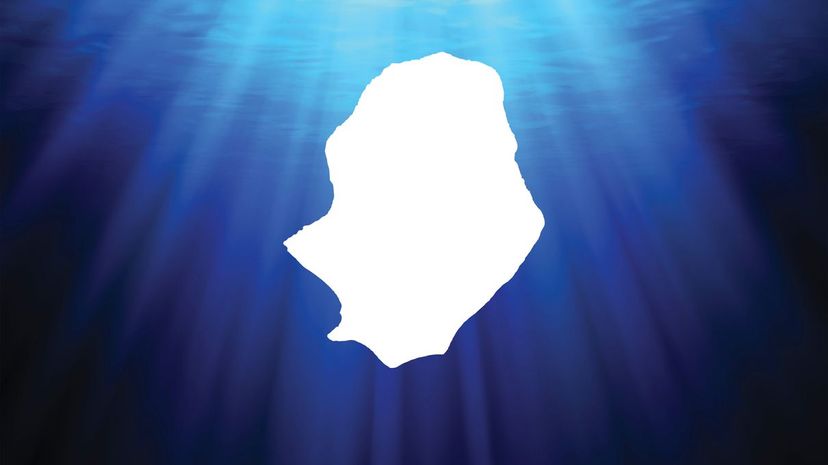
Another self-governing territory that is in free association with New Zealand, Niue is the biggest coral atoll in the world. Only 2,000 people live there, though there is a diaspora of 20,000 people. Niue makes some money from its .nu internet suffix.
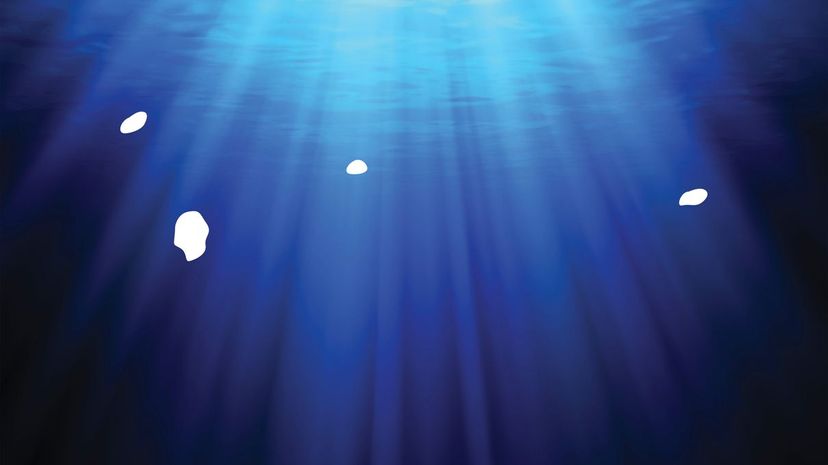
The Pitcairn Islands are famous thanks to the movie "Mutiny on the Bounty" which tells the true story of the rebellion of a crew against their harsh captain in colonial times. The group of four volcanic islands had been mischarted, meaning that it would be hard for the British Empire to find the mutineers. Their descendants still live there.
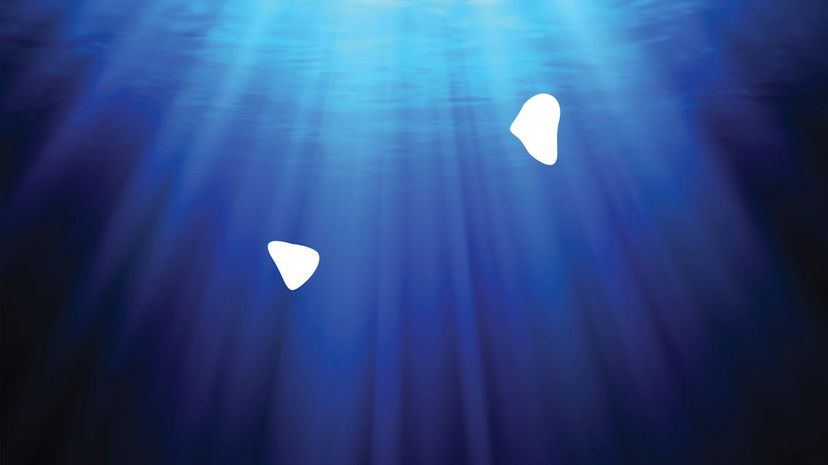
These two islands are part of Australia, though they were once under French control. The islands are an overseas collectivity, which is not quite a colony but not quite independent. The islands sided with Vichy France in World War II but fortunately, the arrival of US troops put an end to this collaboration.
Advertisement
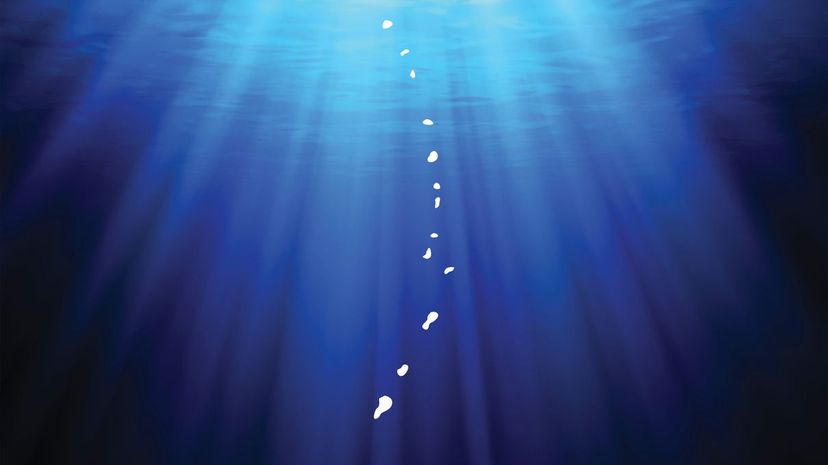
The Northern Mariana Islands are part of the USA, but the residents are not allowed to vote in the American elections. The islands have been part of the US under their current status since 1976. There are only five inhabited islands, though there are some empty islands there.
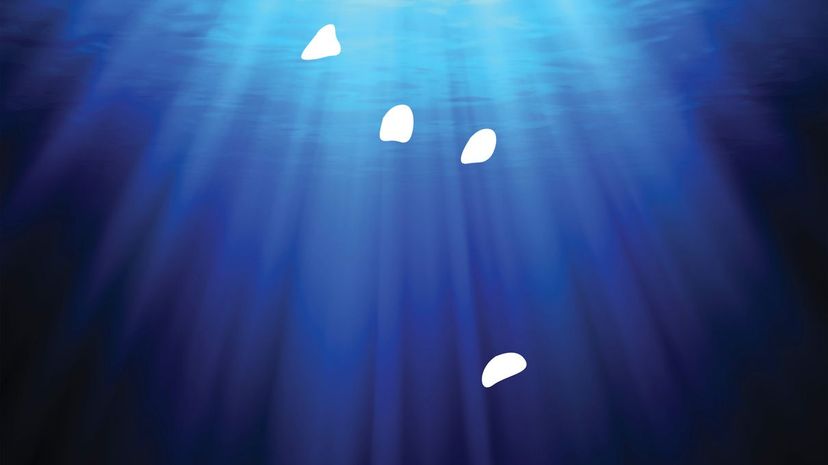
Tokelau consists of a number of atolls and makes most of its money from fishing. It receives a lot of aid from New Zealand, and is at serious risk from climate change-induced sea-level rise.
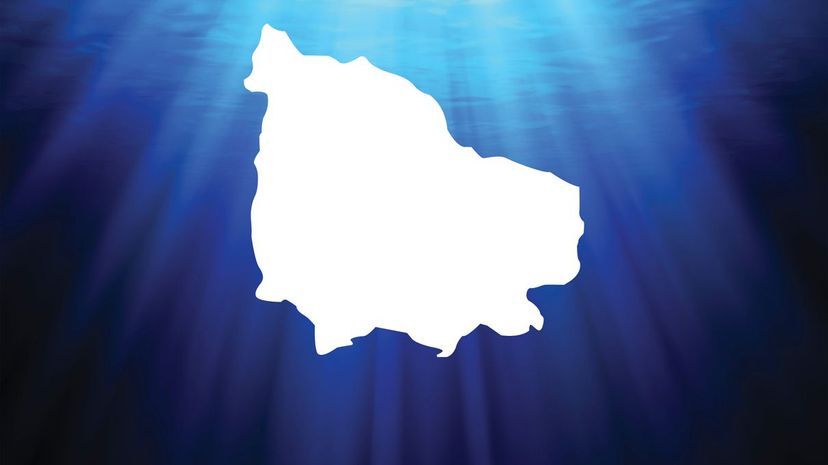
Norfolk Island is between Australia and New Zealand and is part of Australia. It was once originally settled, but nobody was present when British settlers reached it, meaning they were able to settle it without any native population to displace. Later, residents from Pitcairn settled it instead.
Advertisement
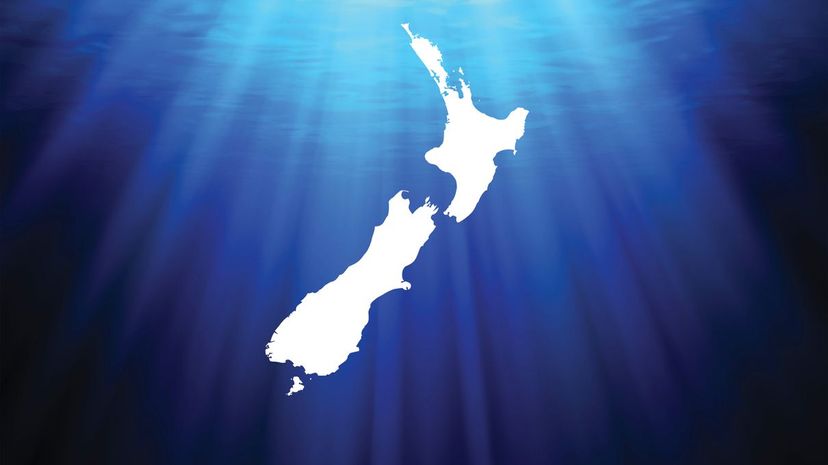
New Zealand has about 20 sheep for every one person, and it is one of the most equitable and wealthy societies in the world. It has a strong social safety net and a great economy. It is also very beautiful and often hosts a number of movies seeking natural wonders as their backdrops.
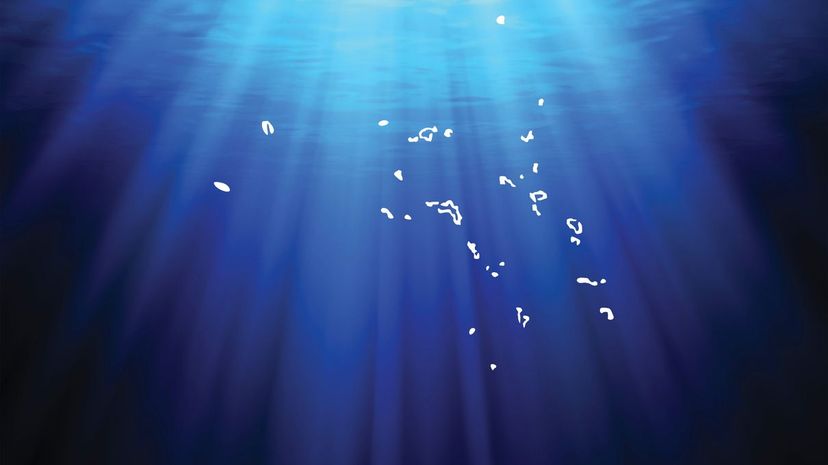
The Marshall Islands include over 1,000 atolls and islands, including Kwajalein, which is currently a US base. The legacy of US involvement is clear on Bikini Atoll, where nuclear weapons were tested in the late '40s and early '50s. The country consists in large part of mostly submerged volcanoes.
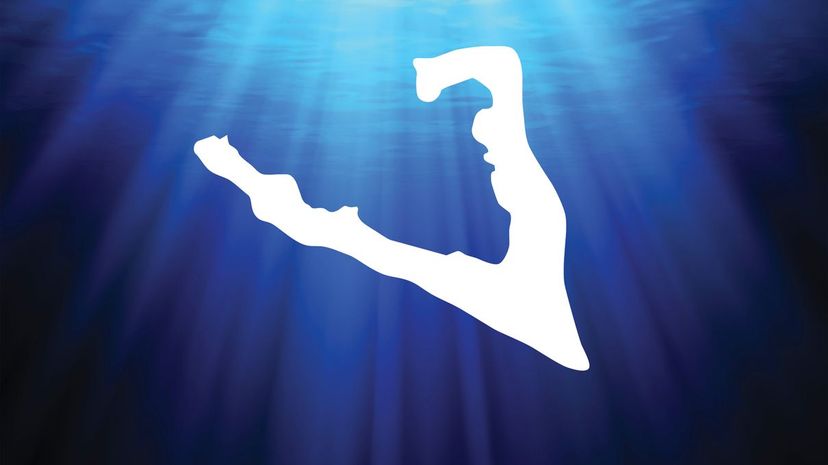
An unincorporated territory of the USA, Wake Island was once known as Halcyon Island. On the day of Pearl Harbor, it was attacked by the Japanese who took over, but the US was able to take it back. It is linked by causeway to two fellow coral islets.
Advertisement
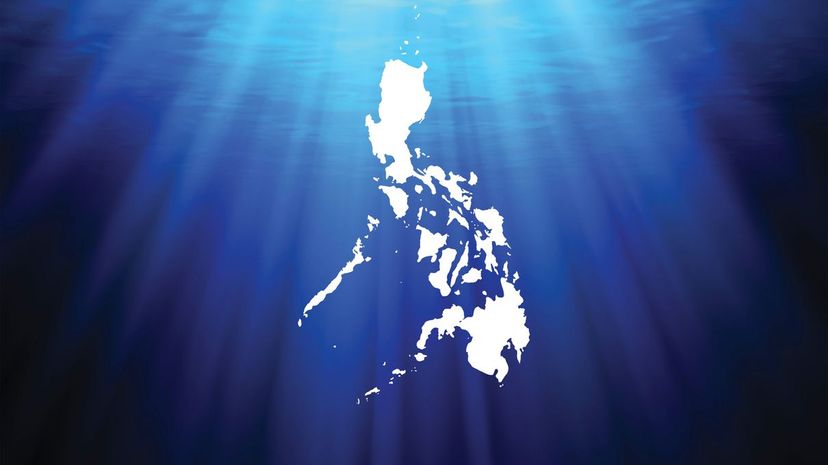
The Philippines are NOT part of Oceania. They are a part of Asia. However, they often get mistakenly included in Oceania, as they are just next door. They include over 7,100 islands and have a population of over a hundred million. The Philippines survived being a Spanish and then US colony and have been independent since 1946.
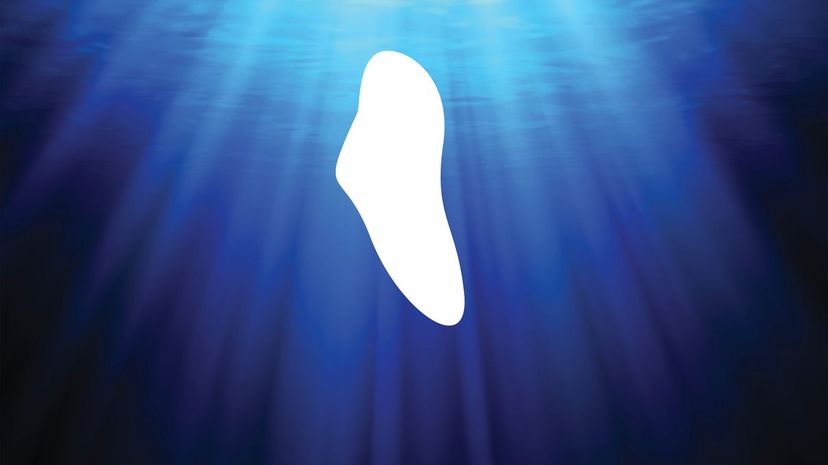
Baker Island has no permanent population but is a part of the USA. It is roughly near the halfway point between Australia and Hawaii, hence its strategic value to the US. There is no water supply but plenty of rain, and the island is hard to reach thanks to a circle of reefs.
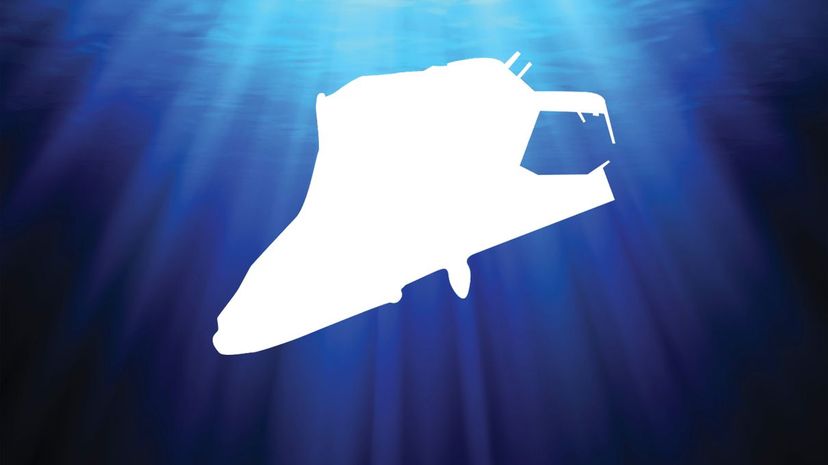
The Battle of Midway was key, as it was the moment that a successful military ruse tricked Japan into sending its forces into the maw of the main American fleet. Most of the Japanese carriers were destroyed and they lost nearly all their trained naval pilots. Midway is essential the Stalingrad of the Pacific theater-after it was won, the direction of the war went the Allies' way.
Advertisement
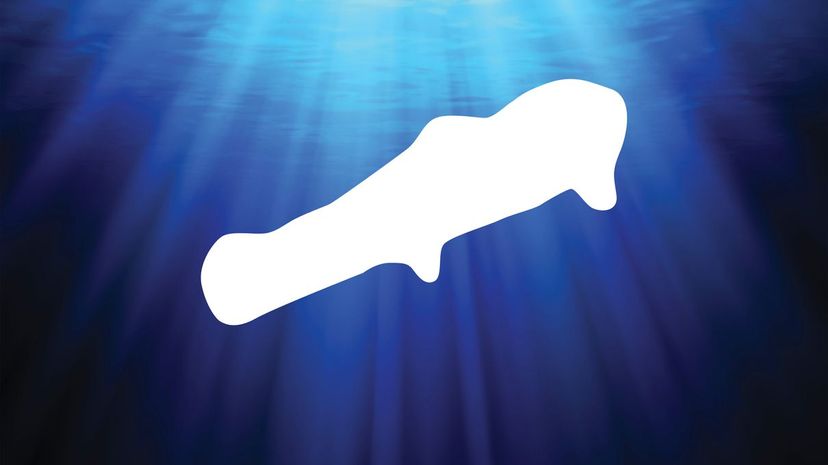
Another US military base, this uninhabited atoll once belonged to Hawaii back when it was an independent kingdom. These days, it is a wildlife preserve. Plenty of fish and birds live here under American protection!
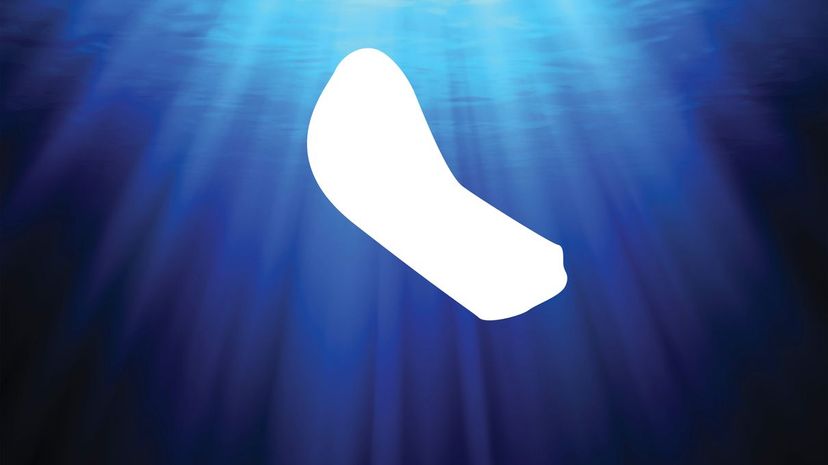
Wilkes Island is another coral atoll and geopolitically really neither here nor there! It is part of an underwater volcano and a causeway links it to Peake and Wake Islands.
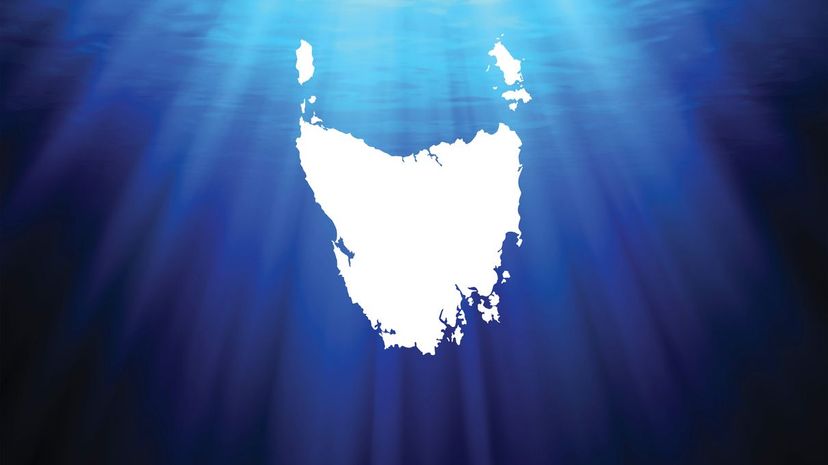
This island off the Australian coast is a state in Australia's federal system, thus an equal part of Australia and not a colony or territory. It is particularly noted for its beer, cheese and wine, and has quite wonderful beaches. It is easily reached from Melbourne, Australia's largest city, which sits just across the Bass Strait.
Advertisement
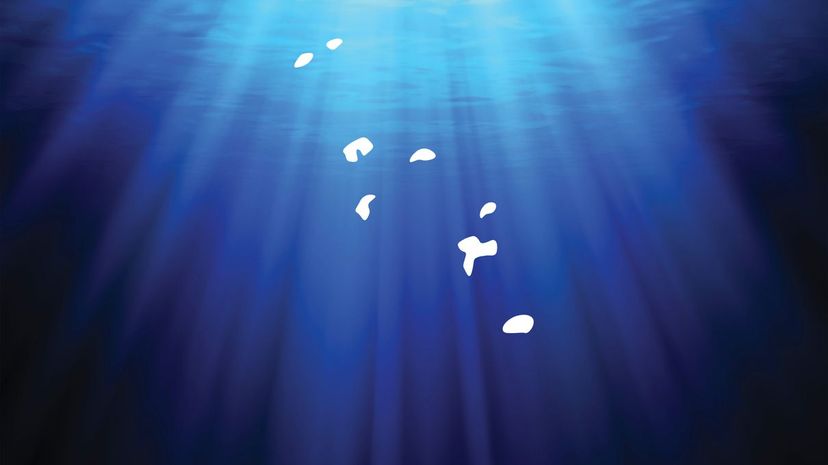
The Marquesas are part of French Polynesia and thus an overseas collectivity, neither independent nor fully controlled. They include a dozen islands but people only live on six of them. They are noted for their local craftsmen, who make fine jewelry.
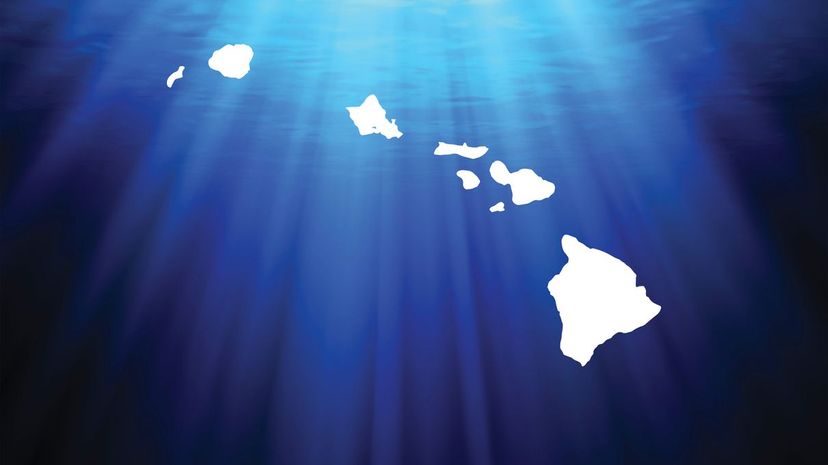
Technically outside Oceania but often erroneously included, Hawaii was an independent country that became a state in 1959, making it the most recent to join (though possibly not the last!). Hawaii is the only island state, and consists of a string of islands that include active volcanoes. It is a very affluent state though its high cost of living means that locals do not always see the advantages of this.
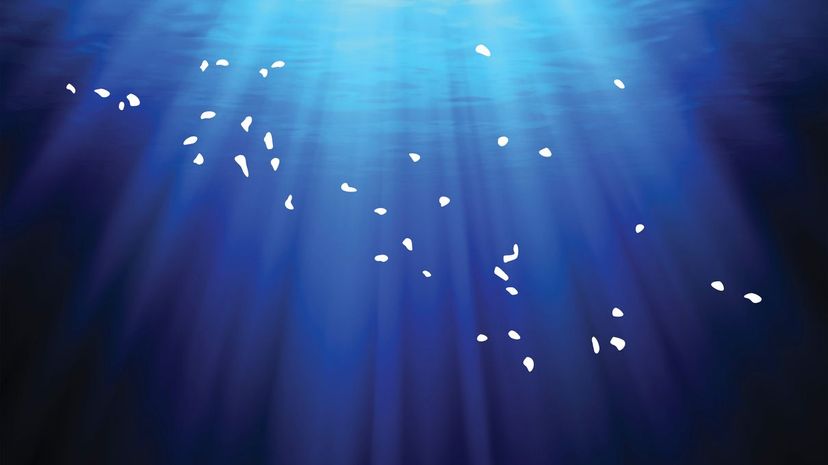
The Tuamotu Archipelago is made of islands, each of which is the archetypal gorgeous South Pacific paradise. There are 77 atolls in the archipelago, and their main industry is tourism, thanks to their many reefs, beautiful beaches and welcoming wildlife. They are all a part of French Polynesia.
Advertisement
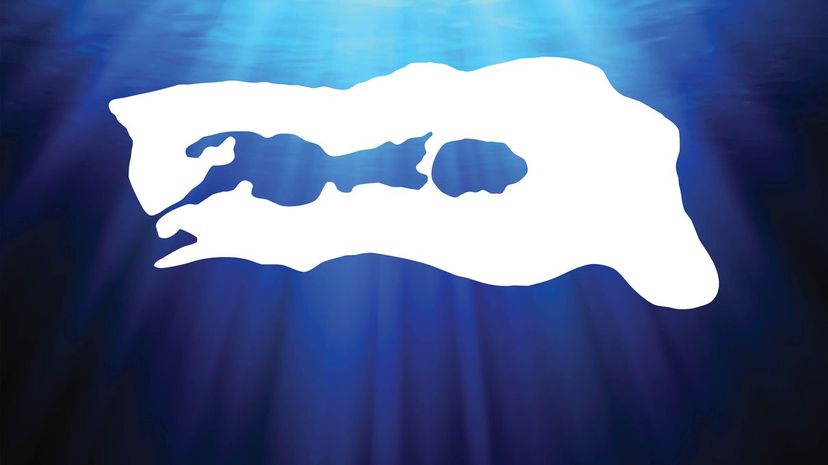
Palmyra Atoll has no permanent human inhabitants, though up to two dozen scientists live there, alongside some additional researchers who come and go. The island is just north of Kiribati, and it is a nature preserve that is protected by The Nature Conservancy.
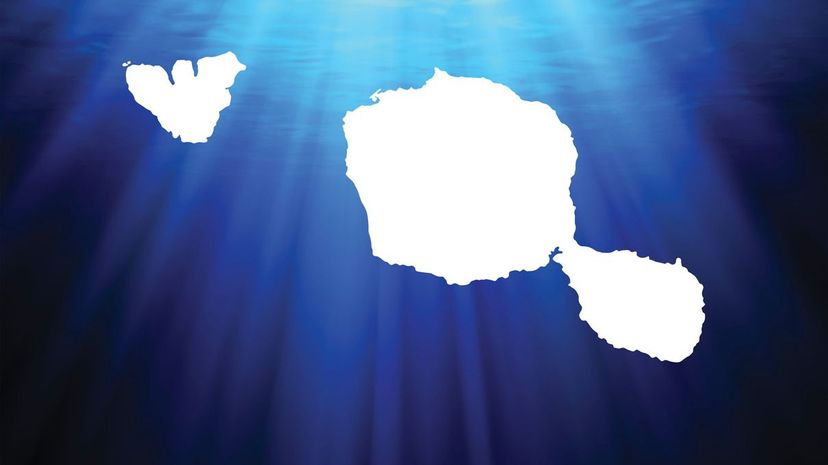
Another collectivity of France, Tahiti is a glorious collection of 118 islands. It includes the Tuamotu Islands that we mentioned earlier, as well as many others such as the Gambier Islands, the Marquesas and the Austral Islands, which are on its closest "border" with Australia.
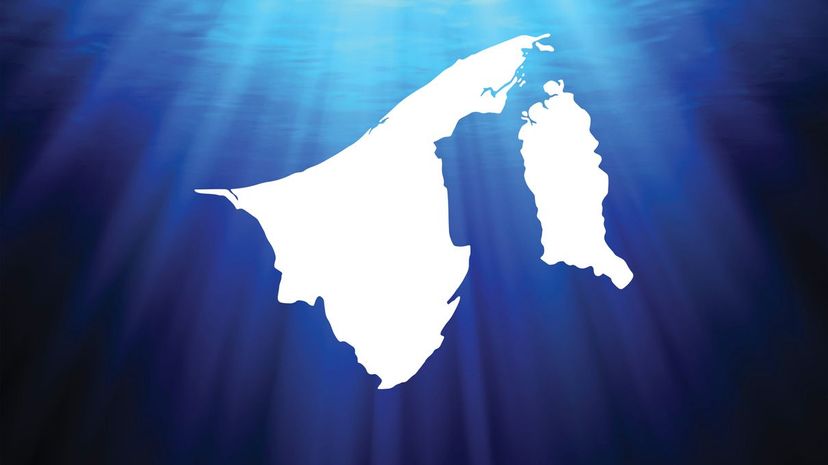
Bruncei is not always considered to be part of Oceania, as it is sometimes deemed a piece of Asia. It has a small population but a great deal of money thanks to its natural resources. It is on the jungle island of Borneo, most of which is Indonesian territory. It once had an empire including nearby islands but these days is just one little sovereign territory!
Advertisement
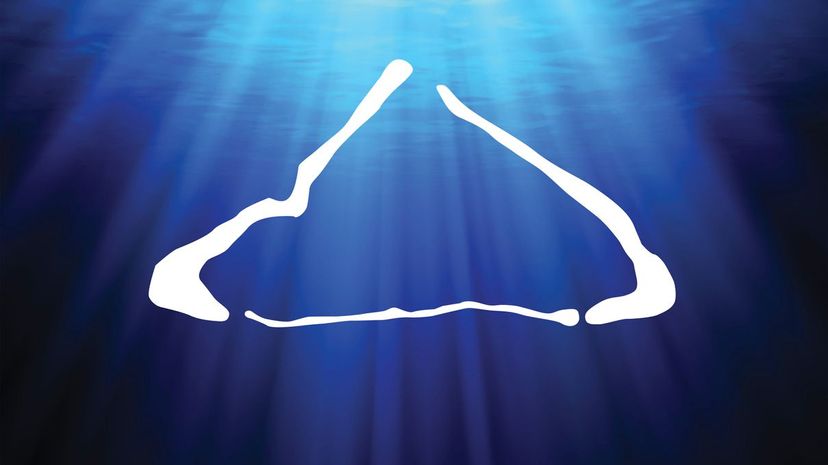
This reef is part of the US Minor Outlying Islands and even the nearest proper island is barely inhabited. It is only five feet above sea level at the highest point, meaning that ships have to know it is there in order not to hit it! It has no economy and nobody lives there, but the US claims it anyway for territorial reasons governing control of the Pacific Ocean.